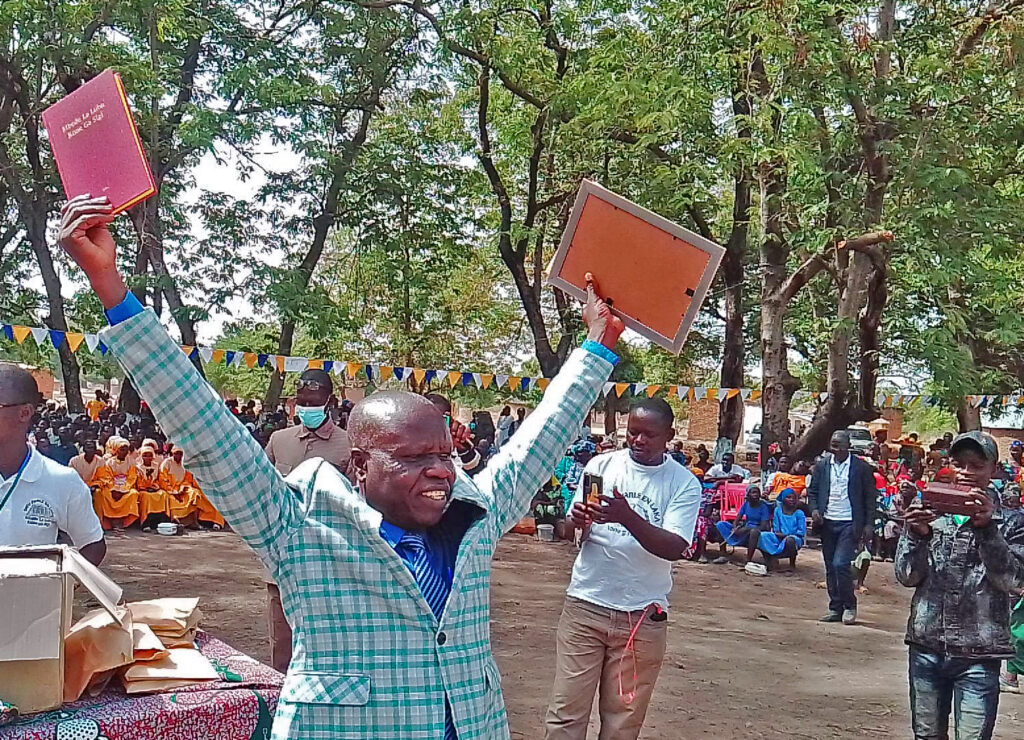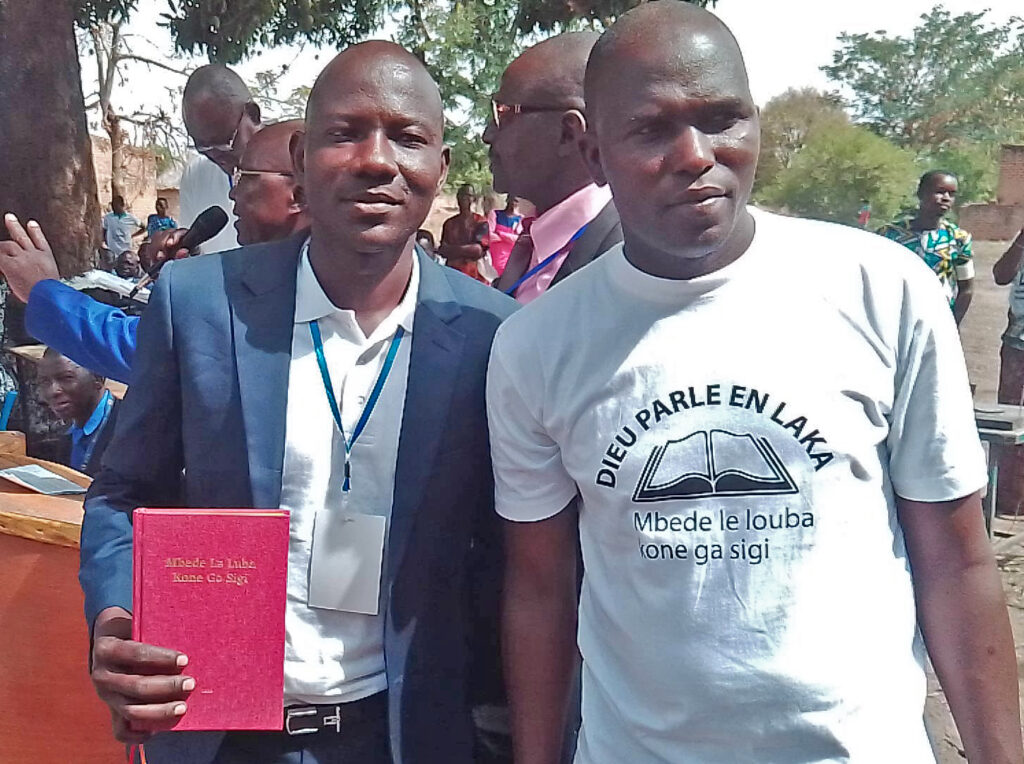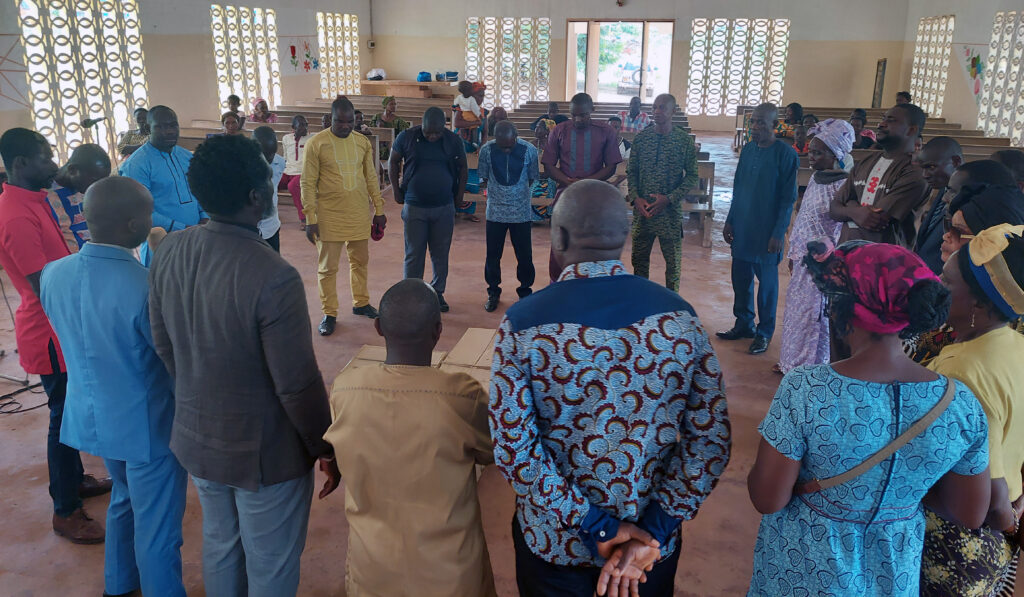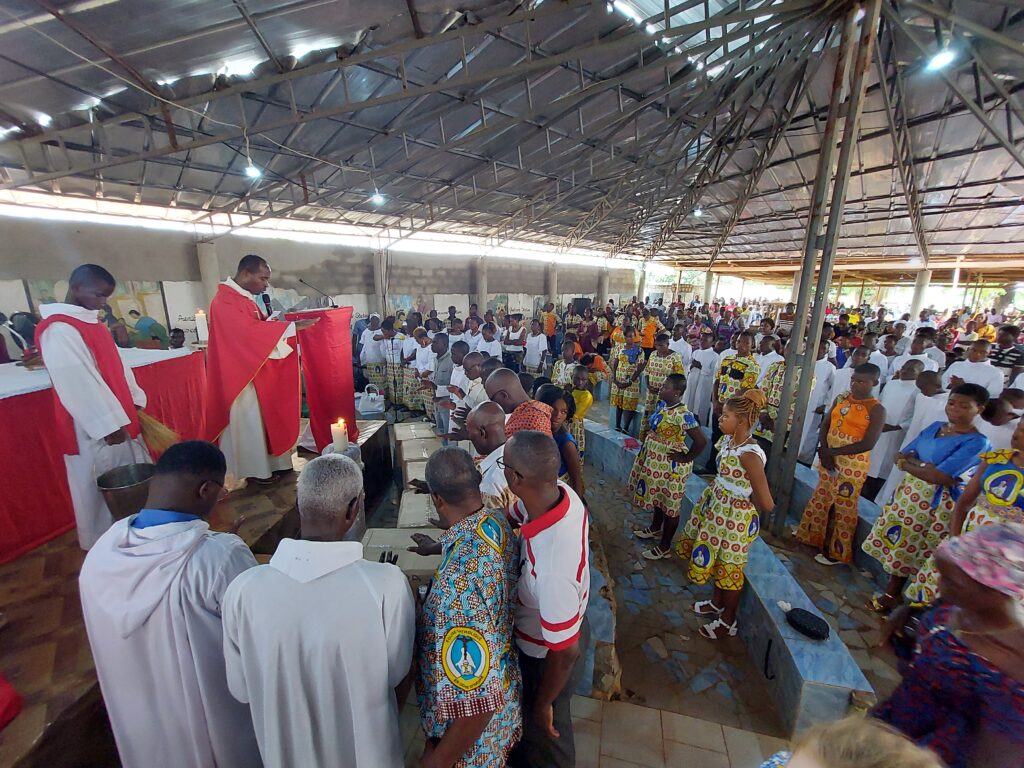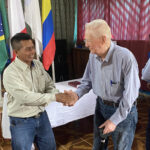Reaching Unreached People Groups in Papua, Indonesia
Reaching the Unreached On the Tops of Mountains
The formerly unreached Ketengban people in Papua, Indonesia, always built their villages as high on top of jungle-tangled mountains as they could. The steeper and sharper the slope, the better.
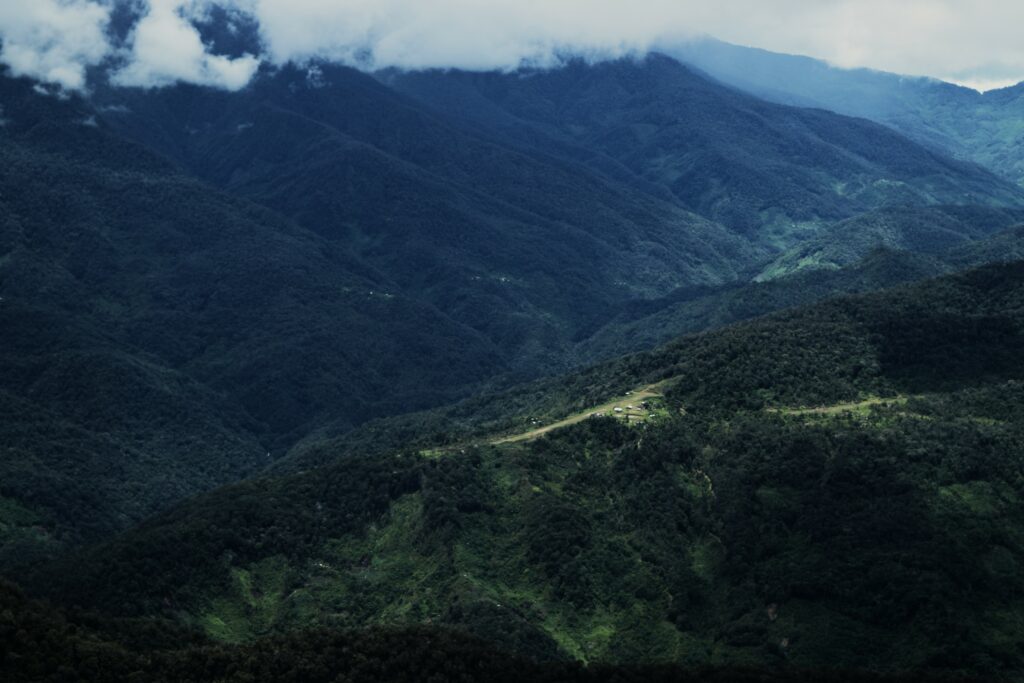
In their world of revenge fighting, this helped to protect them from other clans who would come and kill them. Because of their animist beliefs, they were also afraid of valleys, waterfalls, and dark places in the jungle, so they felt safest perched on the highest tops of the mountain ridges.
Their precarious and isolated position made reaching them with the gospel difficult. Mission workers couldn’t just walk up to the Ketengban because separating them and the people were large rivers frothing with rapids, steep mountains, and thick jungle hungering to trip or tangle them and filled with buzzing mosquitos.
“In the early days, it was nearly impossible to reach this area because there were no airstrips,” explained Andrew Sims, a Bible translator and consultant.
When Andrew and his wife first went to serve the Ketengban people in 1980, the region had six airstrips. In 2024, there are 36. In an area that’s about 300 square miles, almost all the people in this region are now reachable! Sometimes their co-laborers must still walk from the airstrips to the farthest villages, but the trek ranges from half a day to two days instead of weeks—or possibly never accessing those villages with the gospel.
The airplanes that our aviation partner, YAJASI, uses are not only safer but also larger, faster, and more capable of carrying bigger loads. “It would be impossible to serve these people over a long time without aviation. You just can’t do it,” Andrew said.
The Need for Aviation Training
Even with safer aircraft, the mountainous terrain of Papua, Indonesia, still makes it a challenging place to fly. Plus, pilots face high winds and curfews—where pilots can’t fly at certain times because of bad weather. The clouds build quickly on the equator, and the pilots often have to contend with deadly storms.
JAARS has trained all of YAJASI’s pilots and instilled in them the importance of safety, teaching them how to evaluate risks. “We have standard operating procedures that limit wind times and weight, landing or taking off, pilot duty limits, and flying tired,” explained Brad McFarlane, an instructor pilot for YAJASI. “We establish a margin of safety so we can keep doing this day in, day out, 100 % without breaking any aircraft.”
Every few years, Brad and the other YAJASI pilots return to JAARS for instrument and type-specific training to make sure that they’re still flying according to skill and procedure and operating with a mindset and culture of safety.
With the diligent and faithful help of these pilots and maintenance specialists, the formerly unreached Ketengban people received the complete Bible in their language in 2023!
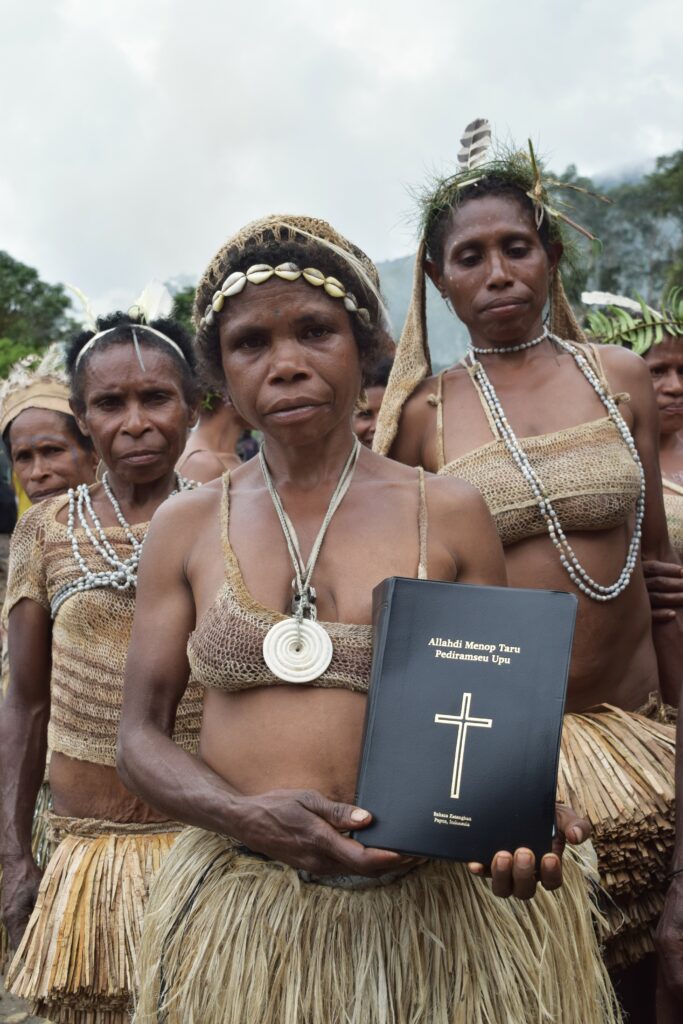
When Unreached People Have Access to God’s Word
Before the Ketengban people knew the gospel, men and women didn’t live together as married couples. The men were afraid of women and lived separately in their own houses. They didn’t even receive food directly from their wives’ hands. After weaning, male children went to live with their fathers.
“Familial relationships were very strained and awkward,” Andrew recalled about the early years he lived with the Ketengban. “You never saw children playing with each other outside. And of course, never little boys and little girls together. They just didn’t do it. They were afraid to do it.”
Andrew and his family saw the power of God’s Word gradually change this fear and way of living. Now, men and women love each other, live together, and serve one another without fear. The Ketengban children play, laugh, and run around. And the people are no longer afraid of the waterfall or the hole in the ground or what’s on the other side of the mountain.
Nor are there revenge killings; the people collaborate with other villages, even with other language groups beyond them. “God’s put it in their hearts to reach out past their own language group to become missionaries in other tribes, whose languages and culture they now have to learn so that they can share the gospel with them,” Andrew explained.
Delivering Scripture

Once the Ketengban Bible was complete, Andrew still had to find a way to deliver it to all the people. “I and the Ketengban people wanted the Scripture that we spent all these years on to get everywhere,” Andrew explained. “We didn’t want to translate it just for the village where we lived. We wanted to do it for all the people.”
A box of Ketengban Bibles weighs about 55 pounds. No one is going to put a 55-pound box on their back and walk for three days, hiking uphill for 3,000 feet, and then right down to 2,000 feet for a quarter mile, and then do the same thing again for three days.
Instead, Andrew relied on the JAARS-trained YAJASI pilots to deliver the Scripture to all the airstrips, which covers about 70% of the villages. And from those villages, the people had to walk only a day or two to reach the farthest villages.
These pilots and aircraft covered the last mile between God’s Word and the Ketengban people so that they all could have access to God’s Word. As Andrew said, “Aviation quite literally spread the Scriptures almost everywhere in that whole people group.”
Want to cover the last mile to the unreached and make a difference for eternity? Give to Air Ops or apply to be a JAARS Apprentice.



























































